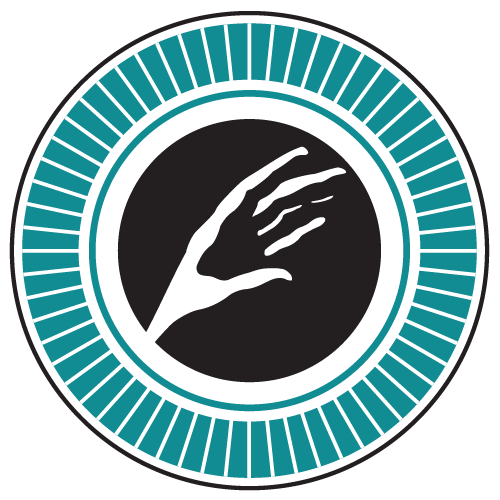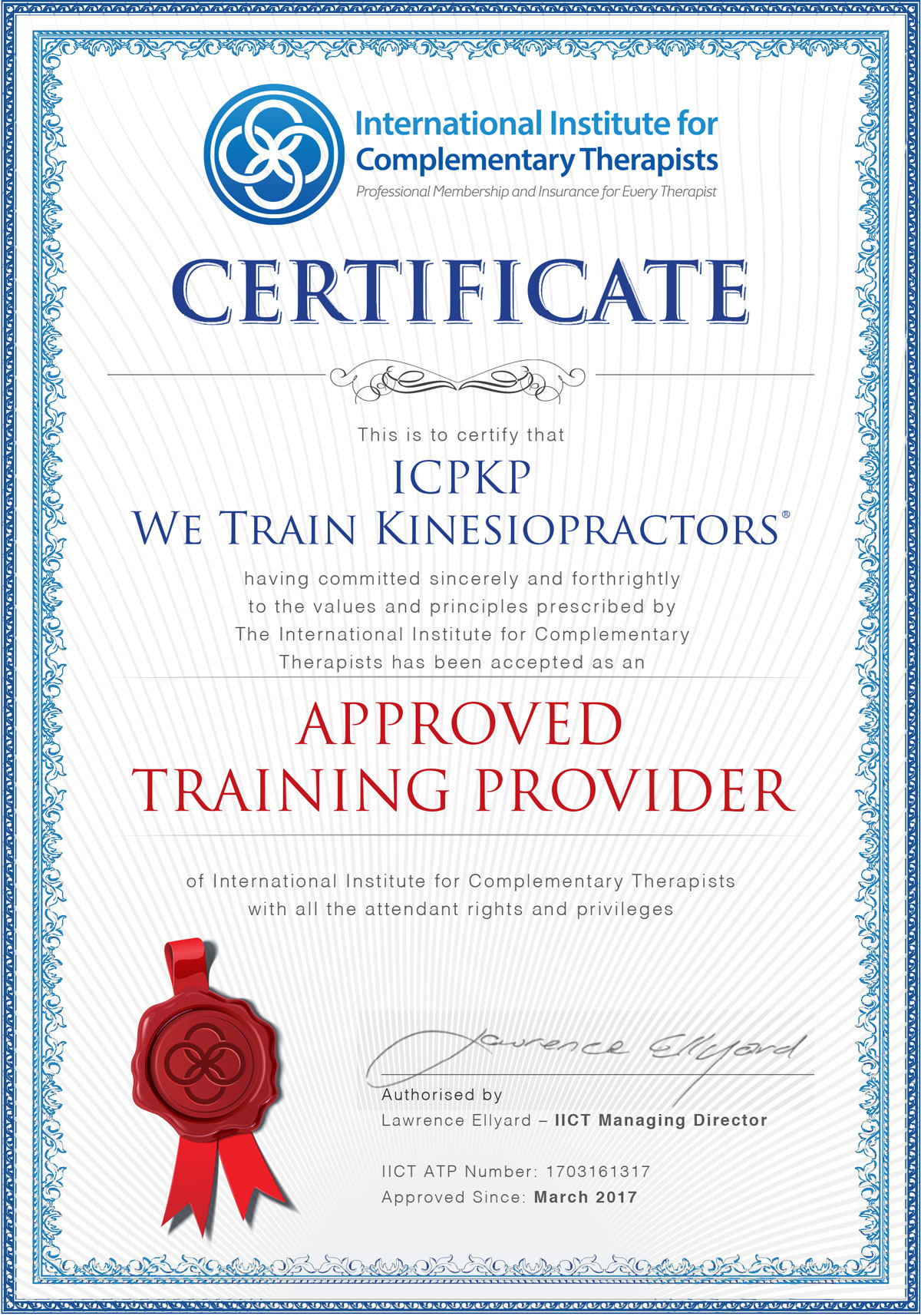MST303-en
Emotional Anatomy and Emotional Intelligence
The final unit in the MST series includes a study of Emotional Intelligence (EI) – the ‘street smarts’ which reflect your ability to deal successfully with other people, your feelings, and your everyday work and social environment. Research suggests it is responsible for as much as 80% of the ‘success’ of our lives. You will identify the specific stress areas and the skills needed to help a client increase their emotional intelligence in these situations.
You will also explore the concept of Emotional Anatomy – a complex layering of somatic interactions, emotional patterns and behavioural responses. PKP skills help you to identify ‘underbound’ despair responses, ‘overbound’ anger responses and complex emotional layering responses with their associated patterns of emotional distress.
You will use PKP techniques to help the client obtain an understanding and acceptance of past emotional responses whilst considering alternative, positive responses and help relieve stress associated with body shape, stance and response to life stressors.
There are skills to identify and clear the deeply embedded pre-rational amygdala emotions and the subsequent inappropriate knee-jerk reactions.
Elements of Learning:
- Emotional Anatomy – the upright stance – S/F #81/2c
- Overbound anger responses
Range: rigid, dense. - Underbound despair responses
Range: swollen, collapsed. - Complex emotional layering responses
Range: collapsed outer, swollen inner; swollen outer, collapsed inner;
dense outer, rigid inner; dense outer, collapsed inner; swollen outer, rigid inner;
swollen outer, dense inner; rigid outer, collapsed inner;
rigid outer, dense inner. - Somatic interactions
Use kinesiology techniques to obtain understanding and acceptance of past patterns of response, defuse stress associated with these and look at other possible positive responses. - Amygdala mode – Special mode
- Emotional intelligence – Self #3
- Utilise all techniques learned to date within the PKP Balancing Protocol
Prerequisites:
- MST 14.201
- EMS 2.201

